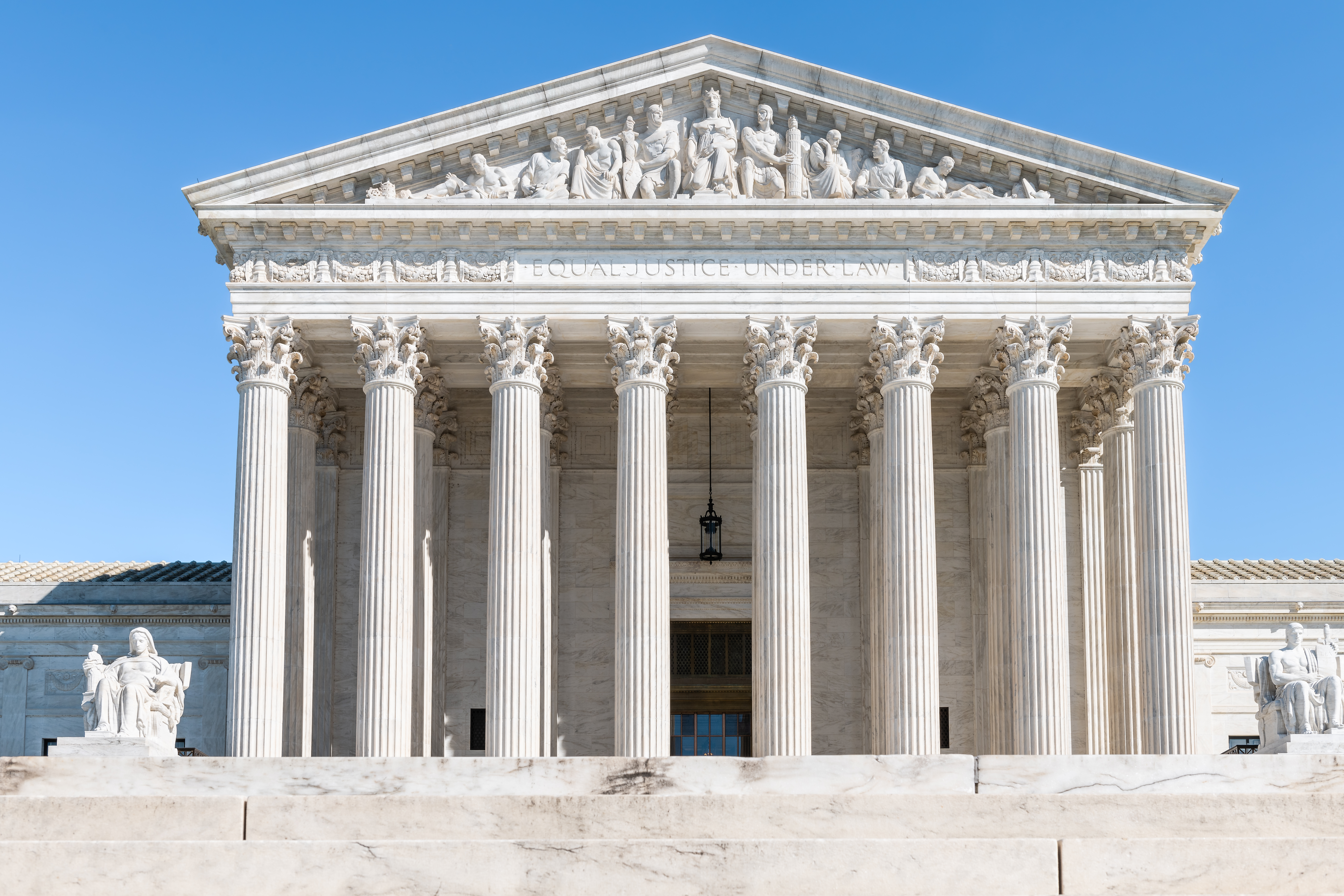Supreme Court Orders Additional Briefing on Standard of Review in Google v. Oracle

The U.S. Supreme Court has ordered Google and Oracle to file supplemental briefs concerning the appropriate standard of review of the jury’s fair use verdict in favor of Google. This order provides an important clue as to the focus of the Court’s attention in its review of this decade-old litigation. For background on the case, see here.
The Issue
In 2016, a jury found that the fair use right codified in 17 U.S.C. § 107 permitted Google to incorporate declarations from the Java application programming interface (“API”) in the Android API. In 2018, the U.S. Court of Appeals for the Federal Circuit (“CAFC”) overturned that verdict.
The CAFC devoted the first part of its decision to determining the appropriate standard of review for a jury verdict. The court recognized that fair use is a mixed question of fact and law, but observed that this characterization did not “dictate the applicable standard of review.” After an extensive discussion, the CAFC concluded that in considering fair use, the jury’s role “is limited to determining disputed ‘historical facts,’ not inferences or conclusions to be drawn from those facts.” Thus, “all jury findings relating to fair use other than its implied findings of historical fact must, under governing Supreme Court and Ninth Circuit case law, be viewed as advisory only.” Accordingly, the CAFC held that it must “assess all inferences to be drawn from the historical facts found by the jury and the ultimate question of fair use de novo….”
This determination of the standard of review enabled the CAFC to set aside the jury’s verdict. By treating the jury decision as “advisory only,” and adopting a de novo standard of review, the CAFC was able to substitute its own interpretation of the facts for that of the jury.
The Standard of Review Before the Supreme Court
In the briefing in the Supreme Court thus far, the CAFC’s standard of review of the jury verdict has received only limited attention. Google, Oracle, and the Solicitor General each devoted approximately two pages in their briefs to this issue. Of the 60 amicus briefs filed, only two briefs (both in support of Google) addressed the standard of review in any detail. In their brief, three Civil Procedure and Legal History Professors argued that the CAFC wrongly applied de novo review to overturn the jury verdict of fair use. They claimed that doing so was unprecedented and unconstitutional. Similarly, the Software Freedom Law Center argued that in overturning the jury verdict on the issue of fair use, the CAFC flagrantly ignored the Supreme Court’s teachings on the appropriate standard of review. The CAFC insisted on reweighing the evidence, refused to draw inferences favorable to the non-moving party and adopted inferences favorable to the moving party.
Today’s order directs the parties “to file supplemental briefs addressing the appropriate standard of review” for the jury’s fair use determination, “including any implications of the Seventh Amendment.” This order provides a clear indication of the Court’s focus on this issue. This focus is not surprising. While the Supreme Court might be hesitant to wade into the complex technical facts of this case, the standard of review of a jury fair use finding is a straightforward legal question well within the Supreme Court’s comfort zone.
The order’s reference to the Seventh Amendment is particularly intriguing. The Supreme Court in Feltner v. Columbia Pictures Television ruled that the Seventh Amendment guarantees the right to a trial by jury in copyright infringement cases seeking statutory damages. When he was in private practice, Chief Justice Roberts represented Feltner, the successful petitioner, before the Supreme Court. Justice Thomas wrote the Court’s unanimous opinion, and Justices Ginsburg and Breyer sat on the Court at that time. Thus, at least four of the Justices recognize the Constitutional significance of a trial by jury in copyright cases. Perhaps a majority of the Court will find that by according the jury so little deference, the CAFC in effect nullified Google’s Seventh Amendment right to a trial by jury.
Just last week, Chief Justice Roberts included noteworthy dicta concerning copyright and fair use in his opinion for the Court in Georgia v. Public.Resources.Org. In its first sentence, the opinion declares that “[t]he Copyright Act grants potent, decades-long monopoly protection for ‘original works of authorship.’” Later in the opinion, the Court states that in contrast to other forms of intellectual property, “copyright protection is both instant and automatic. It vests as soon as a work is captured in a tangible form, triggering a panoply of exclusive rights that can last over a century.” Turning to fair use, the Court observed, “that defense, designed to accommodate First Amendment concerns, is notoriously fact sensitive and often cannot be resolved without a trial.” Surely a jury verdict rendered after a trial should not be treated as “advisory only.”
The parties’ supplemental briefs on the standard of review are due on August 7, 2020.








